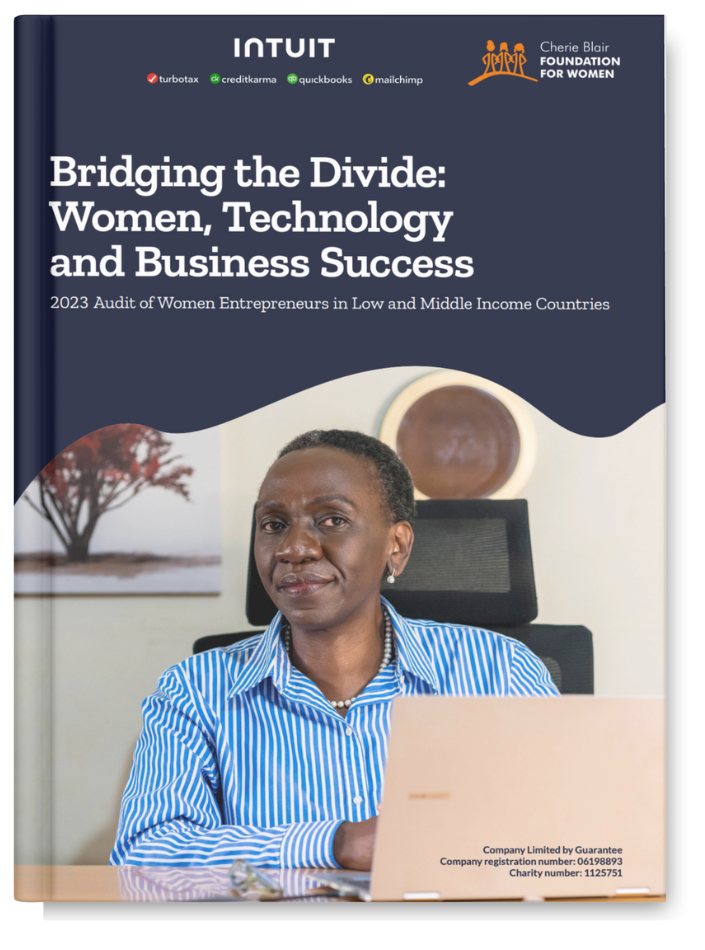Summary
“The Report on the Treatment of MSME Insolvency arises out of a panel presentation that took place during the 2015 meeting of the World Bank Group’s Insolvency and Creditor/Debtor Regimes Task Force (the ICR Task Force) and subsequent discussion among Task Force members in 2016. Following the discussion in 2015, the ICR Task Force resolved to prepare a report on the challenges, needs, and responses to MSME insolvency. As always, in light of the ICR Task Force mandate, the objective of this work is to inform the World Bank Group’s role as joint standard setter (together with the United Nations Commission on International Trade Law) in the area of insolvency and creditor/debtor rights.”
Summary
“In this report, we suggest a research agenda around understanding the growth of entrepreneurs and small firms in East African countries. The study is to be designed as a series of surveys conducted twice a year with the aim of being able to track firm and entrepreneurial dynamics in the short and medium term. This report is based on a pilot that we conducted with a small sample of firms (not just formal firms and not just large firms) in Kenya and Uganda. The aim was to understand whether we can get extremely cheap data using new technologies for firms that can shed light on the constraints faced by firms and entrepreneurs in these economies.”
Summary
“To gain a fuller picture of how MSMEs are using digital tools, DAI’s Center for Digital Acceleration partnered with survey firm Ipsos and Meta to administer a large-scale survey across 13 countries: Argentina, Bangladesh, Brazil, Cambodia, Colombia, India, Indonesia, Peru, Philippines, Sri Lanka, Thailand, Vietnam and Mexico. Despite the challenges of the pandemic, our researchers took a face-to-face approach allowing us to compare responses from MSMEs operating both online and off. The country briefs provide an overview of each country’s digital ecosystem and MSME sector, followed by a summary of findings regarding the impact of digital tool usage on MSMEs and economic growth, highlighting differences in the responses among key segments of the surveyed business population within each country.”
Summary
“This report examines key assumptions held by development practitioners – in terms of the productivity, employment-generation capacity, and inclusivity of SMEs – and assesses the extent to which they are supported by robust empirical evidence.”
Summary
“SMEs are diverse in their size and nature, and their financing needs differ accordingly. Equity can be important, especially for firms with growth ambitions, but the focus of this paper is on lending. While British International Investment (BII) has 65 years of experience in supporting SME finance in developing economies, we focus here on the evolution of our approach to SMEs since 2012, and how our journey has led to our latest innovation: Growth Investment Partners (GIP), a new specialist SME financing business we have created in Ghana.”
Summary
“Endeavor Insight partnered with HSBC to examine the challenges that climate tech founders face as they scale their companies, and the opportunities for investors and supporters to help them succeed. This study demonstrates how global connectivity can further drive innovation and highlights what decision makers can do to better support female-led and minority-led companies.”
Summary
The report by the Enrich in Africa Center (EiA-C) emphasizes the significance of funding for fostering innovation ecosystems in Africa and addresses the trends in funding activities from 2020 to 2023. It examines grant funding data from nine major funders, alongside insights from interviews with key stakeholders. The analysis encompasses both the broader innovation funding ecosystem and specific support for ecosystem activities and organizations. By providing data and intelligence, the report aims to empower both funders and recipients to build sustainable and impactful innovation ecosystems in Africa, highlighting EiA-C’s role in facilitating collaboration and knowledge exchange among stakeholders.
Summary
 “‘Bridging the Divide: Women, Technology and Business Success,’ in partnership with Intuit, highlights the key issues facing women entrepreneurs and outlines our calls to action for tackling them. The comprehensive report draws on responses from over 1,100 women across 81 countries. Identifying women’s common challenges and opportunities, the report casts a particular spotlight on the broader influence and potential of technology, such as AI, for women’s businesses, and resulting gendered social and economic outcomes.”
“‘Bridging the Divide: Women, Technology and Business Success,’ in partnership with Intuit, highlights the key issues facing women entrepreneurs and outlines our calls to action for tackling them. The comprehensive report draws on responses from over 1,100 women across 81 countries. Identifying women’s common challenges and opportunities, the report casts a particular spotlight on the broader influence and potential of technology, such as AI, for women’s businesses, and resulting gendered social and economic outcomes.”
Summary
This guide is intended as an explanatory memorandum surveying the current legal landscape and market standards in South Africa concerning impact investing as well as the current viable impact investment options. This guide will be useful to, amongst others, South African debt and equity investors, grant-makers, foreign investors, incubator/accelerator portfolio managers, small and medium enterprises and social enterprises. The guide examines the laws and policies governing impact investing in South Africa, as well as different types and sources of financing that can be accessed for impact investment, and introduces a term sheet and “dos and don’ts” in carrying out negotiations and drafting term sheets.
Summary
South Africa faces significant economic challenges, with youth disproportionately affected by high unemployment rates and limited economic participation. Townships, home to a significant portion of the unemployed population, are now focal points for addressing youth entrepreneurship as a solution. However, sparse data on township youth entrepreneurial activity hinders effective support strategies. This research indicates that proximity issues, such as isolation and lack of access to information, are key barriers for both youth entrepreneurs and business development support providers. Current support efforts often lack relevance and fail to target high-growth potential businesses. To improve outcomes, there’s a need to shift focus towards reaching more youth entrepreneurs and tailoring interventions to their needs.
